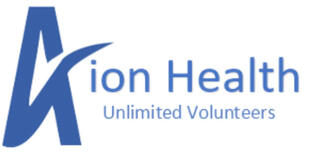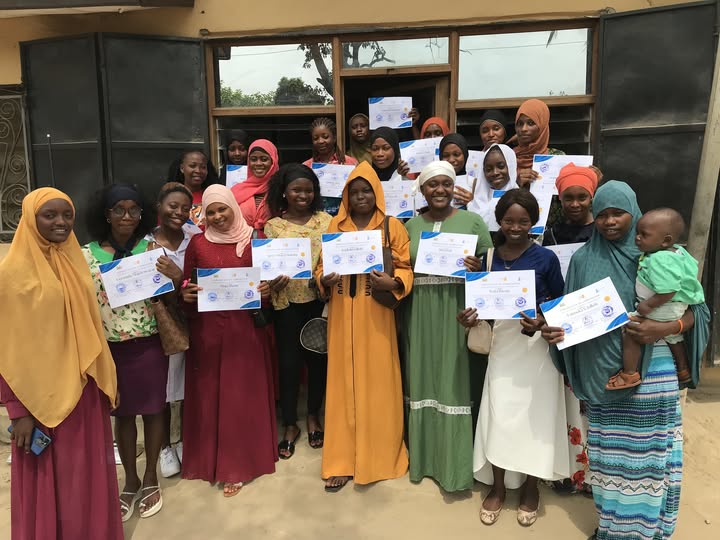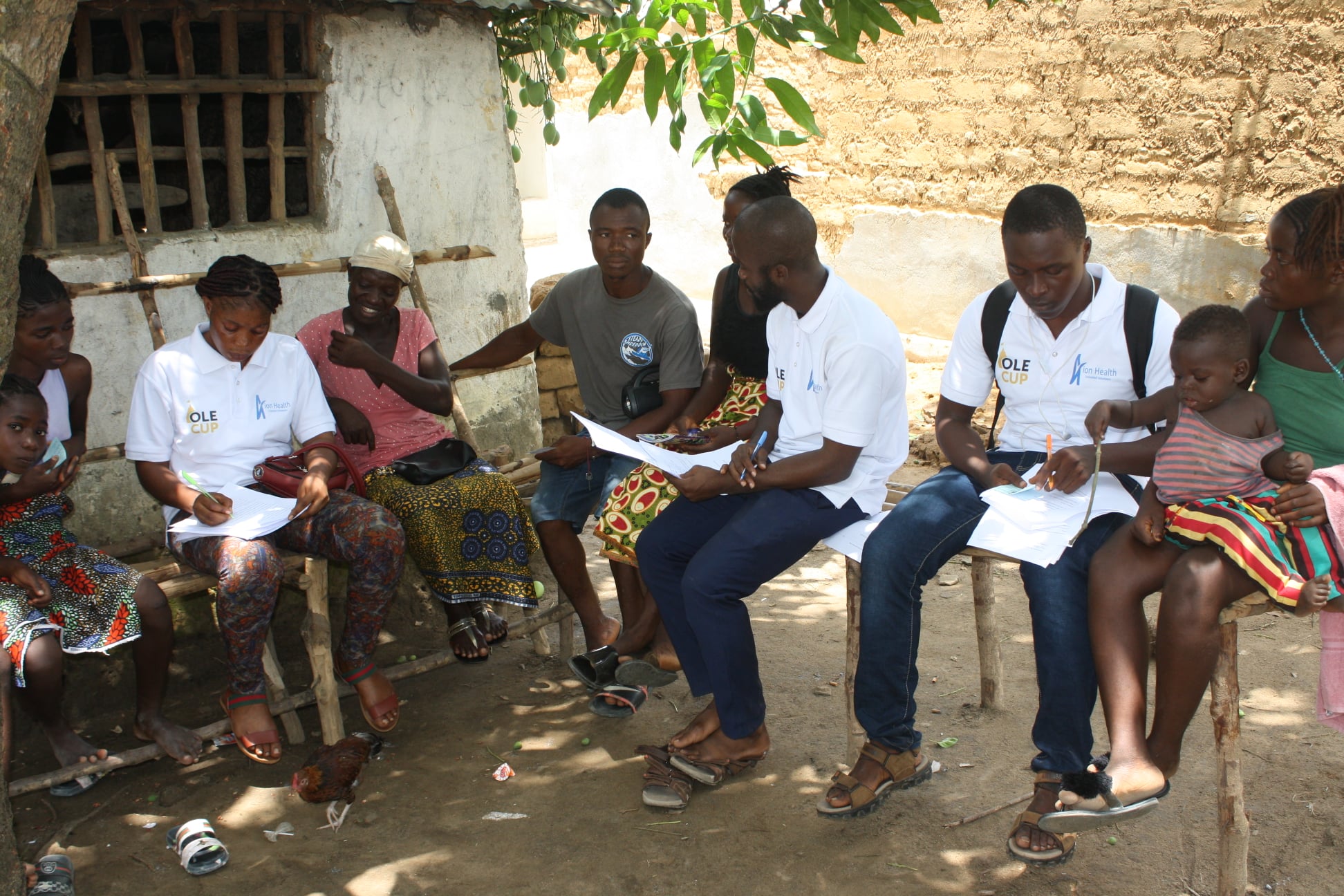RESEARCH
HEALTH
Introduction
Sierra Leone’s healthcare system faces persistent, profound challenges, including one of the highest maternal mortality ratios globally—1,165 deaths per 100,000 livebirths—and an infant mortality rate of 60.8 per 1,000 live births. These figures reflect systemic barriers such as limited rural access to care,understaffed facilities, broken infrastructure, and a critical shortage of skilled health professionals.
Aion Health SL was established to confront these obstacles through a community-centered, technology-driven, and equity-focused approach. We believe that health is a human right, not a privilege.
Context and Need: The Healthcare Crisis in Sierra Leone
Access to quality healthcare in Sierra Leone is severely constrained by geographic,infrastructural, and socio-economic factors. Many rural areas lack nearby clinics, and existing health facilities often operate without running water,electricity, or qualified staff. Corruption further compounds these issues,with over 84% of citizens reportedly paying bribes for health services, which undermines trust and equitable access.
Maternal health is particularly vulnerable: disparities based on wealth and location drastically affect survival rates, emphasizing the urgent need for innovative, community-driven health solutions.

Our Approach
Aion Health SL addresses Sierra Leone’s healthcare challenges holistically by integrating community empowerment, innovative technology, and sustainable health infrastructure development. Our seven core pillars are designed to deliver comprehensive care and education to underserved populations,particularly women and children. We combine mobile outreach, volunteer training, WASH initiatives, and digital innovation to ensure no one is left behind.
Core Pillars of Impact
1. Mobile Medical Clinics
Importance: Mobile clinics address the critical gap in healthcare access in remote and rural communities, reducing delays in care and saving lives.
Program Highlights: Our mobile teams provide free consultations, malaria testing, prenatal care, and treatment for acute and chronic conditions.
Outcomes and Research: Mobile clinics have proven to decrease maternal mortality by overcoming geographic barriers and improving early detection and treatment.
2. Maternal Ultrasound & STI Clinics
Importance: Early detection of pregnancy complications and sexually transmitted infections (STIs) is vital to reducing maternal mortality and morbidity.
Program Highlights: Portable ultrasound machines and STI screening clinics reach underserved populations to support safe pregnancies and childbirth.
Outcomes: Early intervention and counseling have been linked to reduced pregnancy complications and improved maternal outcomes.
3. Water, Sanitation, and Hygiene (WASH) for Health& Education
Importance: Access to clean water and sanitation is essential to prevent waterborne diseases and improve overall community health, particularly for children and women.
Program Highlights: Installation of solar-powered water systems, handwashing stations, and hygiene education campaigns in schools and villages.
Outcomes and Research: Improved WASH infrastructure reduces infections,improves school attendance (especially for girls), and promotes gender equality.
4. Family Planning & Reproductive Health
Importance: Empowering women to make informed reproductive choices reduces unintended pregnancies and maternal health risks.
Program Highlights: Provision of contraceptives, menstrual hygiene education, and respectful counseling services.
Impact: Enhanced reproductive autonomy contributes to reduced maternal mortality and improved family wellbeing.
5. Health Infrastructure Rehabilitation
Importance: Functional health infrastructure is critical for quality healthcare delivery and community trust.
Program Highlights: Repair and upgrade of rural clinics, including solar electrification and laboratory facilities.
Impact: Strengthened infrastructure supports sustainable healthcare services and improved patient outcomes.
6. Volunteer Training Programs
Why Health Volunteers Matter: With a shortage of healthcare professionals, community health volunteers extend care reach, provide education, and support data collection.
Training Components: Basic healthcare, maternal and child health promotion, mobile data reporting, communication skills, and infection control.
Impact: Trained volunteers increase community health literacy, enhance disease surveillance, and reduce maternal and child mortality.
7. Technology & Innovation
Importance: Leveraging digital tools enhances health service delivery, data accuracy, and program monitoring.
Program Highlights: Mobile health apps for patient tracking, SMS-based health education, digital dashboards, and future drone deliveries.
Outcomes: Technology improves care coordination, increases antenatal visits, reduces emergency delays, and promotes accountability.
Signature Programs and Impact
Free Mobile Medical Clinics
Serving communities such as Kalia, Kpawula, and Niagorehun Bargbo, these clinics have treated 440+ patients, including 34 pregnant women, managing over 325illnesses. This program directly reduces the “3 Delays” (decision-making,reaching care, receiving care) that cause maternal deaths.
WASH Initiatives
Solar-powered water chlorination units and rehabilitated pumps have improved clean water access and hygiene behaviors, reducing infection rates and supporting better school attendance.
Pharmacy for Pregnant Women
This program distributes prenatal vitamins, safe delivery kits, and essential drugs to expectant mothers, significantly reducing complications in pilot districts.
Health Volunteers Training
Building a corps of community volunteers ensures ongoing health education, outreach, and trusted connections between Aion Health and communities.
Community Health Awareness Campaigns
Using culturally relevant drama, radio, and school programs, we educate on HIV/AIDS,tuberculosis, malaria prevention, nutrition, and mental health.


